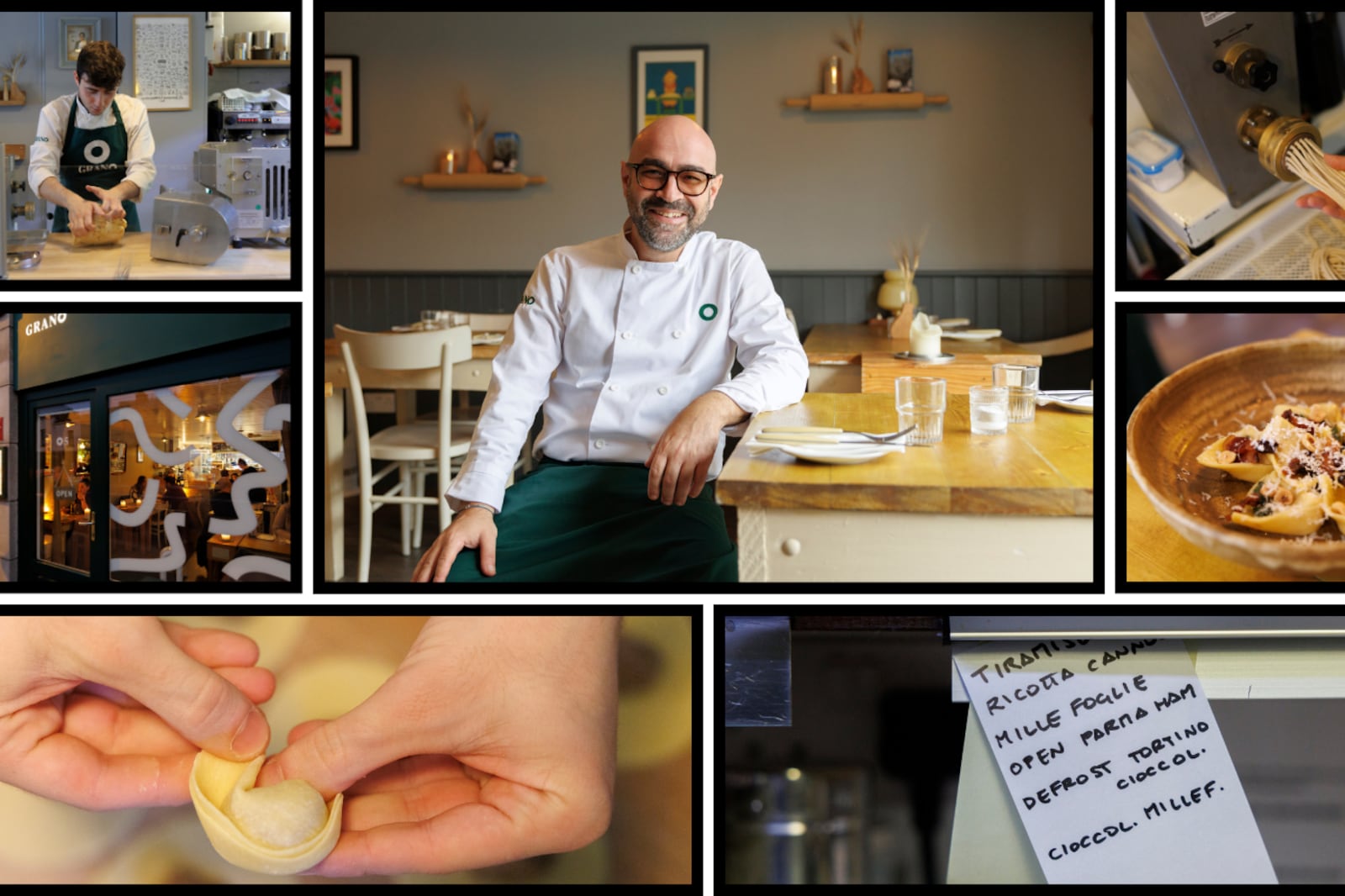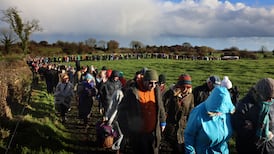It’s a while since a single opinion piece generated as much discussion as John Collison’s essay in The Irish Times last week. In a wide-ranging critique of Ireland’s inability to build homes and infrastructure to meet the needs of a growing population, the co-founder of the software company Stripe described a sclerotic State that has been engineered to fail.
In his analysis, politicians - in part responding to a collapse in public trust after a series of scandals - have ceded control to a fast-growing network of government agencies, quangos and regulators, resulting in labyrinthine overlapping systems of sometimes contradictory mandates and incentives that ultimately cannot work towards the common good.
“It’s not okay for our society to forget the basics of running a country: we’ve forgotten how to build sufficient housing for our population, we’ve forgotten how to sensibly organise population growth, we’ve forgotten how to attract foreign manufacturers, and we’ve forgotten how to build infrastructure to support our population,” Collison wrote. “These are things we once did and – for all intents and purposes – can do no longer. We’re not meant to be going backwards."
It was hard to avoid the ensuing debate this week. Within Government, where the piece was a frequent topic of conversation, ministers lined up publicly to agree with Collison’s analysis. As many commentators pointed out, some of those ministers most eager to row in behind him, such as Tánaiste Simon Harris, have been in power through the era in which, Collison argues, the State set itself up for the present stasis. “Time for the pendulum to swing back,” Harris concluded on his X account.
READ MORE
In The Irish Times, the debate continued in news stories, columns and in Letters to the Editor all week. Some saw Collison’s technocratic analysis as a symptom of a tech world that sees every problem as a systems failure. Others felt he minimised the role that ideology played in producing the status quo.
Columnist John McManus agreed with the central thesis that governments had devolved too much power to arms-length agencies but argued that Collison had missed one of the reasons they did it: because, in a clientelist, hyper-local electoral landscape, it insulated politicians from the consequences of their actions.
“Nothing encapsulates this paradox quite like the head of some State agency being called in front of an Oireachtas committee to be hauled over the coals by government backbenchers for implementing government policy,” he wrote.
In her reflection on the theme, guest writer Sinéad O’Sullivan argued that Ireland’s true blockage is not procedural but psychological. “Our institutions mirror our inner life. A country that distrusts power can only build a bureaucracy that fears decision. And a people afraid of shame design processes that guarantee no one can be blamed. Then we call our hesitation integrity.”
These are not abstract questions. For the past week we have run instalments in a series called The Housing Crisis and Me, each one showing the real cost to citizens of these national failures.
One woman spends six hours a day travelling to and from work. After months of searching for a rental property, a young couple resort to applying for permission to build a log cabin in a parent’s garden. Another couple take on a derelict home, enticed by a refurbishment support scheme that proves far more bureaucratic than they anticipated and struggle to cope with spiralling building costs. The parents of young children are obliged to leave their Cork home because no childcare is available. And a family faces the prospect of spending two more years in a single, bleak hostel room.
Finally, I want to mention May McGee, who died this week aged 81. May’s name will forever be attached to one of the most important Irish court judgments of the 20th century. It was she, with her husband Shay, whose legal action led to the Supreme Court’s declaration that the ban on the sale and importation of contraceptives was unconstitutional. You could argue that if the past half-century marked a social revolution in Ireland, that was the moment that started it. Certainly it was a legal watershed.
I first met the couple years ago while researching a book on the Supreme Court; at the time they were still largely unknown to the public at large. We spoke for hours, May and Shay telling their story - and finishing each other’s sentences - as if it had all happened yesterday. In historical terms, it did.
Here’s how we closed out our editorial on their story this weekend:
“The McGee couple were people of modest means facing the weight of decades of Catholic moral interests. Brave and sharp witted, they endured abuse and denunciation from the altar of their local church, after which they walked out. When Shay was asked in court how he felt about the morality of May using contraceptives, he responded ‘I’d prefer to see her using contraceptives than be placing flowers on her grave.’
“The process of legislating for the decision was drawn out and contentious but eventually led to the situation today where free contraception is available to women, transgender and non-binary people from age 17 to 35. As McGee saw it, once she took the case “there was no going back.” Her case was paramount in demonstrating the Constitution could be used to protect the dignity of the individual, a dignity McGee personified."
Ruadhán Mac Cormaic
Editor
Five key reads
- The former Kilkenny hurling star DJ Carey will be sentenced tomorrow after admitting he dishonestly induced 13 people to pay him money to fund treatment for cancer that he did not have. Miriam Lord was in court on Friday to hear this extraordinary story.
- New Yorkers will choose a new mayor on Tuesday, and 34-year-old Zohran Mamdani is looking unassailable. Take some time to read Keith Duggan’s eve-of-election backgrounder.
- As world leaders gather in Belém for the the Cop30 climate conference, hopes for progress will come up against political division, scientific alarm and doubts over the host nation’s own climate credentials. Our Climate and Science Correspondent Caroline O’Doherty will be in Belém for the conference, and here she sets out everything you need to know about it.
- Two weeks ago, Jonathan Dowdall walked out of Limerick Prison and into the shadowy world of witness protection, a world he will probably have to occupy for the rest of his life. Conor Gallagher looks at what he can expect.
- Nineteen-year-old Ava Crean was the first woman to finish the Dublin City Marathon last weekend. What will she do next, asks Ian O’Riordan.













